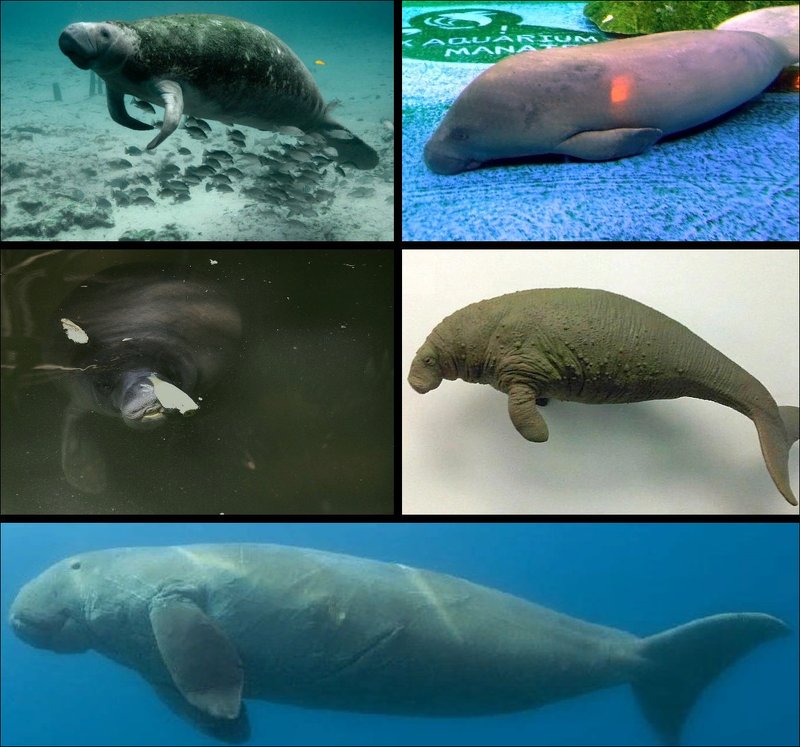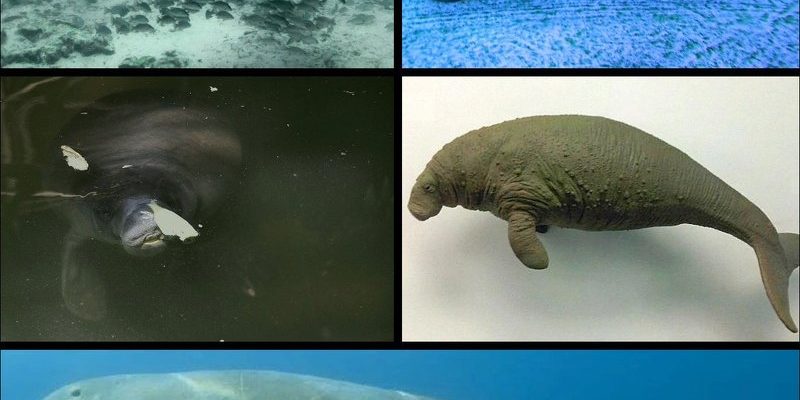
Imagine sitting on a sunny beach, watching the waves roll in and out. You spot a dugong grazing on seagrass, its flipper-like limbs gliding gracefully through the water. Now, picture it navigating its environment, solving problems, and communicating with others of its kind. In this article, we’ll dive deep into the cognitive skills and behaviors of dugongs, shedding light on what makes them special in the marine world.
Understanding Dugongs: A Brief Overview
Dugongs belong to the order Sirenia, which includes manatees and other sea cows. These enchanting creatures are usually found in warm coastal waters, primarily in the Indo-Pacific region. They are known for their distinctive tails, which resemble those of a whale, and their gentle nature. But beyond their adorable exterior, dugongs possess a set of unique cognitive abilities similar to more recognized marine mammals.
What sets dugongs apart is their diet—they primarily feed on seagrass, which can often be sparse and tricky to find. This dietary requirement influences their behavior and hints at their problem-solving skills. In fact, dugongs have been observed using their whiskers to locate tasty vegetation buried in the seabed. This ability shows that dugongs are not just passive grazers but actively engage with their environment.
Do Dugongs Exhibit Problem-Solving Skills?
You might be wondering if dugongs can solve problems like dolphins or chimpanzees. While they don’t play with toys or solve puzzles like other intelligent animals, dugongs do show a remarkable ability to adapt to their environment. For instance, they need to find and uproot seagrass to eat, which requires a certain level of cognitive skill.
When food sources are scarce, dugongs have been known to change their foraging patterns. They can navigate to new areas to find seagrass, showcasing their ability to learn and remember locations. This kind of flexibility in behavior is a sign of intelligence, as it suggests that dugongs can assess their environment and make decisions based on available resources.
Social Structure and Communication
Dugongs are not solitary creatures; they often exist in small groups. This social structure can provide insights into their cognitive abilities. Like many marine animals, dugongs communicate with each other using sounds. They produce a variety of vocalizations that help them stay connected with their group.
Researchers believe that these vocalizations can convey important information, such as alerting others to danger or coordinating movements while foraging. It’s a fascinating aspect of dugong behavior, illustrating that communication is key to their survival, much like it is for other intelligent species.
Do Dugongs Have Strong Bonds?
Another intriguing aspect of dugong behavior relates to their social bonds. Dugongs have been observed interacting playfully with one another, demonstrating a level of affection that hints at emotional intelligence. They often engage in physical contact, which suggests they form strong attachments to fellow dugongs. This kind of social interaction is vital for their well-being, allowing them to thrive in their natural habitat.
Learning and Memory in Dugongs
Learning and memory are essential components of intelligence. Dugongs may not be able to perform tricks like dolphins, but they certainly have impressive memory capabilities. They are known to remember locations of seagrass beds over extended periods, which is crucial for their survival.
This ability to recall specific spots helps dugongs find food more efficiently. Some studies suggest that dugongs can remember their foraging sites for years, indicating that they have a well-developed mental map of their environment. Imagine how useful that would be for any animal trying to survive in changing conditions!
Are Dugongs Affected by Human Interaction?
Unfortunately, dugongs face numerous threats from human activities, such as habitat destruction and hunting. The loss of seagrass beds affects their ability to find food, which in turn impacts their cognitive abilities. When faced with stressors like these, dugongs may struggle to make efficient decisions, showcasing that their intelligence is not just about brainpower but also about their surroundings and well-being.
Dugongs may not have the flashy reputation of dolphins or the problem-solving fame of octopuses, but they are intelligent in their own right. From their problem-solving abilities to their social interactions, these gentle giants showcase a level of cognition that is truly fascinating. Understanding how smart dugongs are helps us appreciate the complexities of marine life and highlights the importance of conserving their habitats.
So, next time you see a dugong gently grazing on seagrass, take a moment to consider the brain behind that sweet face. They may be slow movers in the ocean, but their cognitive abilities and behaviors reveal a world of intelligence waiting to be explored.

